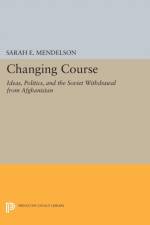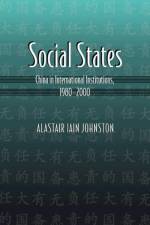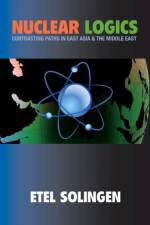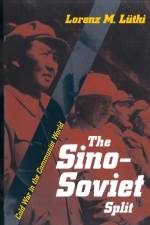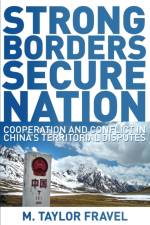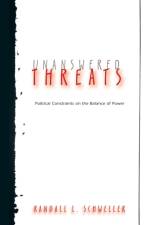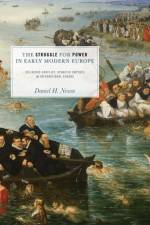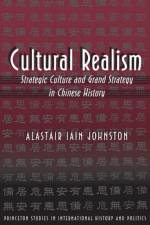- Contrasting Paths in East Asia and the Middle East
von Etel Solingen
51,00 €
Nuclear Logics examines why some states seek nuclear weapons while others renounce them. Looking closely at nine cases in East Asia and the Middle East, Etel Solingen finds two distinct regional patterns. In East Asia, the norm since the late 1960s has been to forswear nuclear weapons, and North Korea, which makes no secret of its nuclear ambitions, is the anomaly. In the Middle East the opposite is the case, with Iran, Iraq, Israel, and Libya suspected of pursuing nuclear-weapons capabilities, with Egypt as the anomaly in recent decades. Identifying the domestic conditions underlying these divergent paths, Solingen argues that there are clear differences between states whose leaders advocate integration in the global economy and those that reject it. Among the former are countries like South Korea, Taiwan, and Japan, whose leaders have had stronger incentives to avoid the political, economic, and other costs of acquiring nuclear weapons. The latter, as in most cases in the Middle East, have had stronger incentives to exploit nuclear weapons as tools in nationalist platforms geared to helping their leaders survive in power. Solingen complements her bold argument with other logics explaining nuclear behavior, including security dilemmas, international norms and institutions, and the role of democracy and authoritarianism. Her account charts the most important frontier in understanding nuclear proliferation: grasping the relationship between internal and external political survival. Nuclear Logics is a pioneering book that is certain to provide an invaluable resource for researchers, teachers, and practitioners while reframing the policy debate surrounding nonproliferation.


